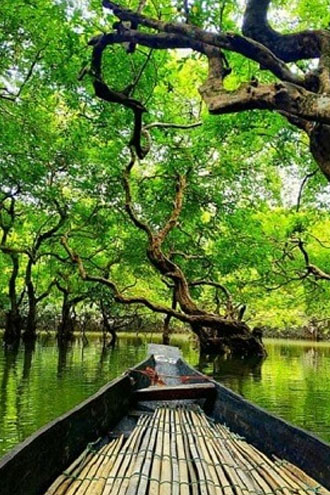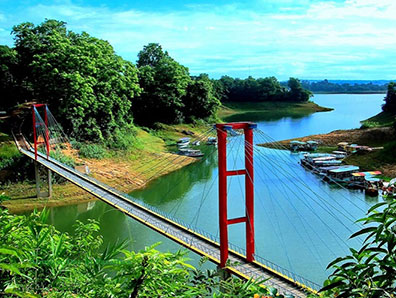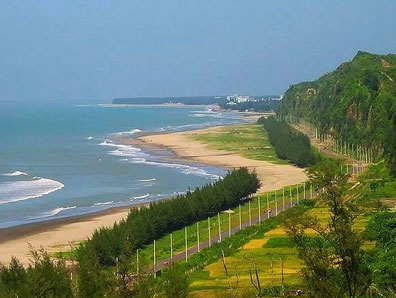Benin is a country located in West Africa, bordered by Togo to the west, Burkina Faso and Niger to the north, Nigeria to the east, and the Gulf of Guinea to the south. The capital and largest city is Porto-Novo. The official language is French and the currency is the West African CFA franc. The population is around 12 million.
Benin has a tropical climate and its economy is largely based on agriculture, with the main crops being cotton, corn, cassava, yam, and beans. The country also has a growing tourism industry, with visitors coming to explore its beaches, historic sites, and national parks.
Benin is a presidential republic, with the president as both the head of state and government. The country has a stable, democratic government and has a history of peaceful transitions of power.
Benin has a rich history and culture, with influences from the Kingdom of Dahomey and the colonial period under the French. The country is home to many historic sites, such as the Royal Palace of Abomey, a UNESCO World Heritage site, and the Ouidah Museum of History which is dedicated to the history of the transatlantic slave trade.
Benin is known for its traditional festivals and music, such as the Voodoo festival and the annual Fête de l'Indépendance, which celebrates the country's independence from France. The country is also known for its art and crafts, such as the traditional cloth known as "Dashiki" and the bronze and brass figures created by the Yoruba people.
Benin is also known for its diverse ecosystems, including lagoons, mangrove forests, and savannahs, making it a popular destination for ecotourism and adventure tourism, such as birdwatching and hiking.


